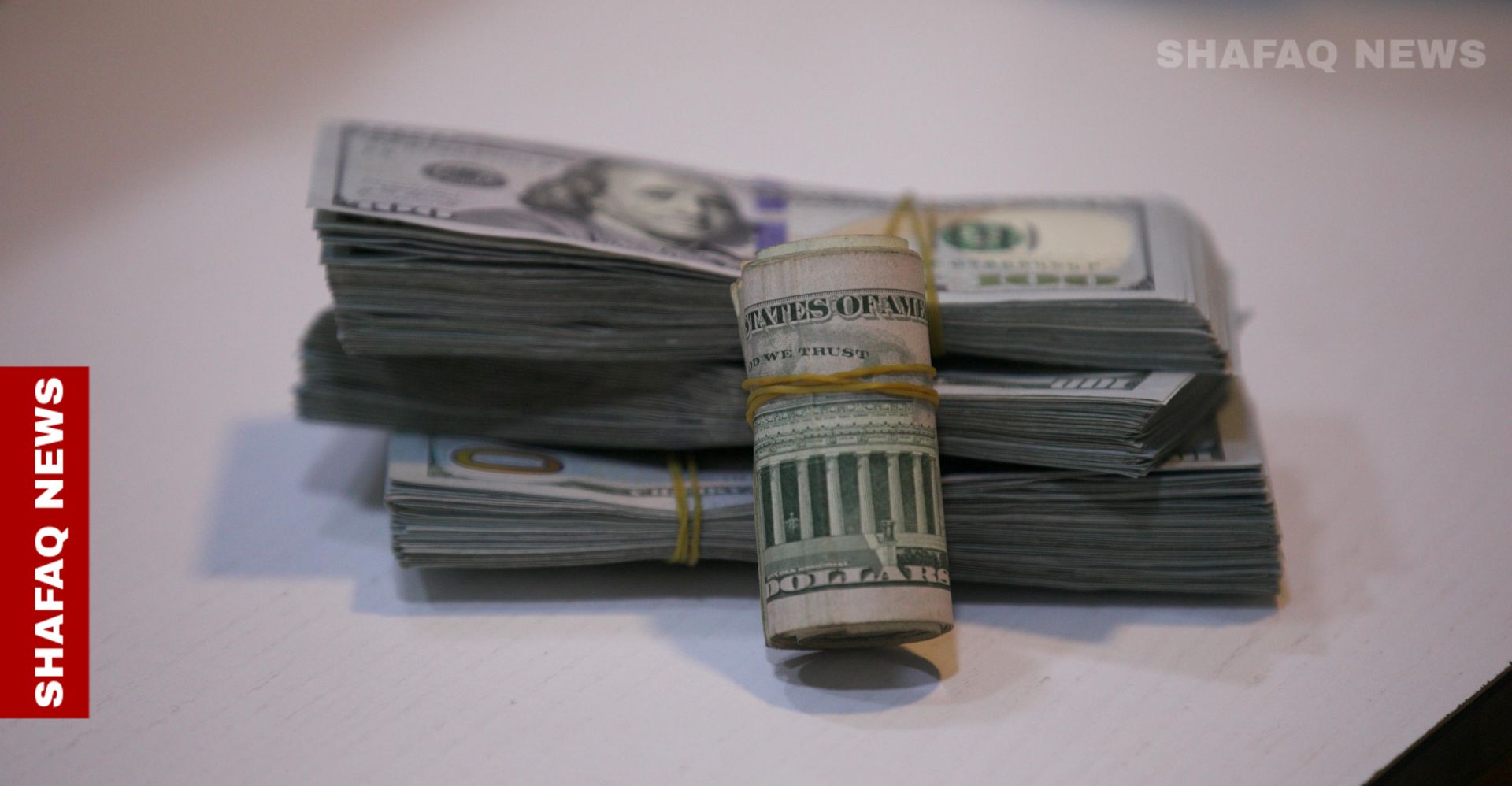A loophole: The Iraqi dollar is being drained by inflated import invoices from three countries.
 The head of the Iraq Future Foundation, Manar al-Obaidi, revealed on Monday that there is an inflated invoice for importing goods to the Iraqi market from countries such as China, Turkey, and the UAE. This is a drain on the dollar by exploiting the difference between the official exchange rate and the parallel market. He emphasized the need to reform the transfer and import mechanisms.
The head of the Iraq Future Foundation, Manar al-Obaidi, revealed on Monday that there is an inflated invoice for importing goods to the Iraqi market from countries such as China, Turkey, and the UAE. This is a drain on the dollar by exploiting the difference between the official exchange rate and the parallel market. He emphasized the need to reform the transfer and import mechanisms.
Al-Obaidi said in a statement received by Shafaq News Agency, “When reviewing the export data of a number of countries to Iraq, such as China, Turkey, and the UAE, it becomes clear that there is a clear discrepancy in the values of some exported goods, as these values do not correspond to the actual prices of the goods, and the quantities exported often far exceed the actual needs of the Iraqi market.”
He continued: “For example, the value of Iraq’s imports of Chinese shoes during the first five months of this year amounted to approximately $170 million, while clothing imports amounted to approximately $600 million during the same period.” He explained that “these figures do not reflect either the true volume of demand in Iraq or the global prices of these goods, which strongly suggests that there are inflated invoices, both in terms of quantity and value.”
He pointed out that “some parties exploited the difference in the official exchange rate versus the parallel market to conduct large-scale transfers by inflating import invoices, allowing them to bypass all levels of scrutiny originally put in place to control transfers and ensure they reach the legitimate recipients.”
Al-Obaidi explained that, “Despite the stringent measures taken by the Central Bank of Iraq, including expanded auditing, the current mechanism has proven in practice to be unsuccessful. This is evident not only in countries’ export data, but also in the decline in customs revenues, which remain very modest compared to the volume of goods declared as imported.”
He explained that “it is necessary to adopt a new mechanism aimed at reducing currency leakage by linking bank transfers directly to the customs duty collection process, and not allowing transfers at the official rate until the customs duties due based on the value of the transfer have been paid.”
He emphasized that “this approach will achieve two main goals: strengthening oversight of transfers conducted at the official rate, and increasing the state’s customs revenues by pricing goods in line with their true value.”
He pointed out that “this proposal may raise some reservations, particularly from the perspective of fears of a rise in the exchange rate in the parallel market as a result of tightening transfers, and the view that such measures fall within the purview of fiscal policy, not monetary policy.”
He stated that, “Despite the validity of these reservations, the significant foreign currency outflow and declining reserves Iraq is currently experiencing as a result of uncontrolled import expansion require exceptional measures, even if they have side effects.”
He pointed out that “economic policies, by their very nature, do not produce purely positive effects, but success lies in achieving balance and outweighing the benefits over the harms. Therefore, reforming the transfer and import mechanism is no longer an option, but rather an urgent necessity to ensure economic stability and protect Iraq’s foreign currency reserves.”
Shafaq.com
